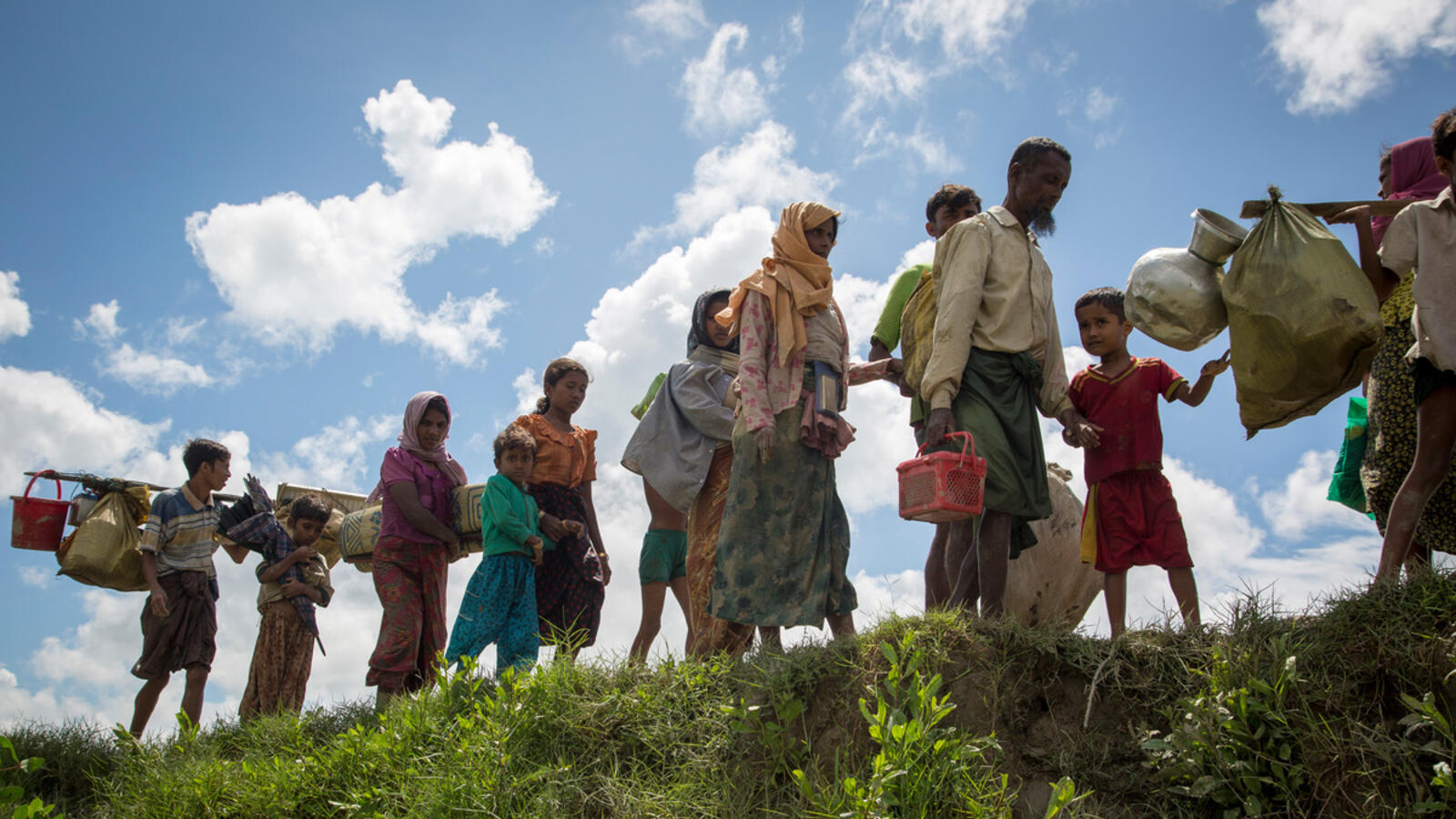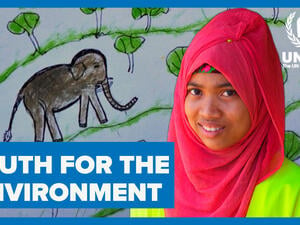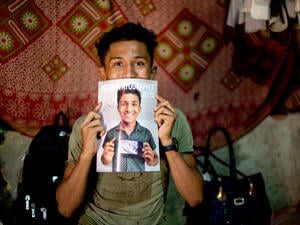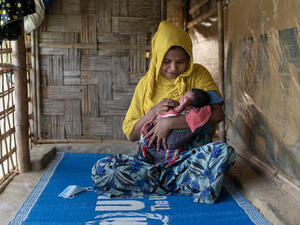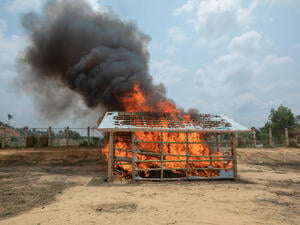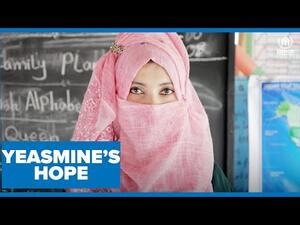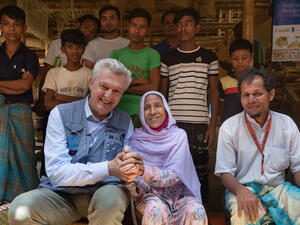Up to 15,000 newly arrived Rohingya refugees stranded at border
Up to 15,000 newly arrived Rohingya refugees stranded at border
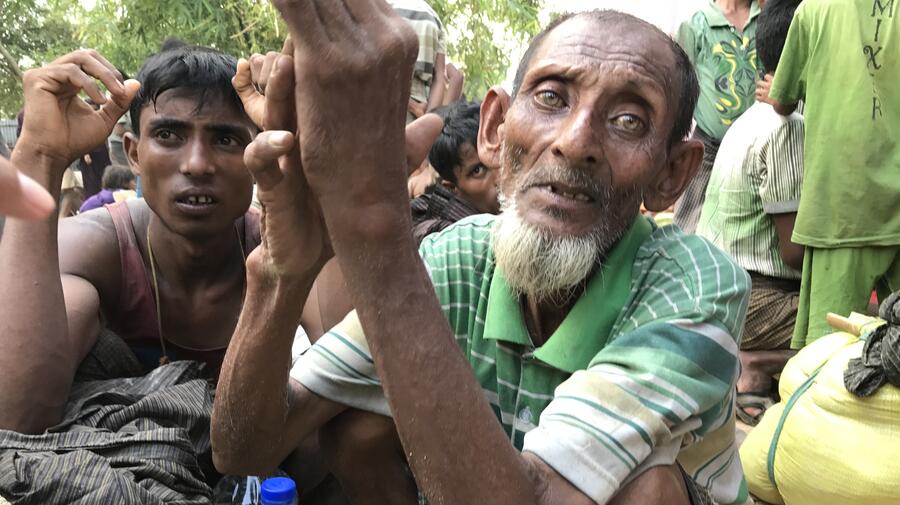
Mohammed Ismail, 65, arrived with his family of 12 from Buthidaung, Myanmar. He said men in uniforms went to his village every day to tell them to leave or they would be killed.
COX'S BAZAR, Bangladesh – UNHCR, the UN Refugee Agency, is concerned about the humanitarian conditions of thousands of newly arrived refugees stranded near the Bangladesh-Myanmar border.
Spokesperson Andrej Mahecic told a press briefing at Geneva's Palais des Nations on Tuesday that an estimated 10,000 to 15,000 Rohingya refugees had entered Bangladesh through the Anjuman Para border crossing point in the country’s south-east since Sunday night.
“Many say they had initially chosen to remain in their homes in Myanmar's northern Rakhine state despite repeated threats to leave or be killed,” he said. “They finally fled when their villages were set on fire.”
Some told UNHCR staff they had walked for about a week to reach the Bangladesh border.
“They are waiting for permission to move away from the border, where the sound of gunfire continues to be heard every night from the Myanmar side,” Mahecic added.
UNHCR, together with the Bangladesh Red Crescent and Action against Hunger, are delivering food and water to the refugees, among them children, women and the elderly who are dehydrated and hungry from the long journey.
Agency staff are working with Médecins Sans Frontières (MSF) to identifying the sick for treatment.
- Thousands of Rohingyas have fled violence in Myanmar. Follow the crisis here.
At the border, UNHCR staff spoke to, Rozia, 20, who said she had walked for seven days from her village in Buthidaung in Myanmar’s Rakhine state, carrying a plastic bag and a solar panel.
“On the way they robbed and beat me, hurting my head,” she said, shaking and crying.
She was travelling alone, limping from cuts to her feet. UNHCR staff took her to the nearest village where she was given water and food, and MSF took her away in an ambulance.
“Men in uniforms came to our village every day ... ‘leave or we will kill you’.”
Mohammed Ismail, 65, arrived with his family of 12 from Buthidaung. They sat on the ground, exhausted.
“Men in uniforms came to our village every day to warn us – ‘leave or we will kill you’,” he said. “We tried to stall because my son was waiting to be paid for his farm work.”
Eleven days ago, they came and beat him, breaking his left wrist, and a few days later they burnt down the houses belonging to three neighbours.
“We had no time to pack, we just left. We had to hide and travel at night. Along the way, people tried to take our things.” The little money they had was stolen.
- Your support is urgently needed to help the refugees in Bangladesh. Please give now.

